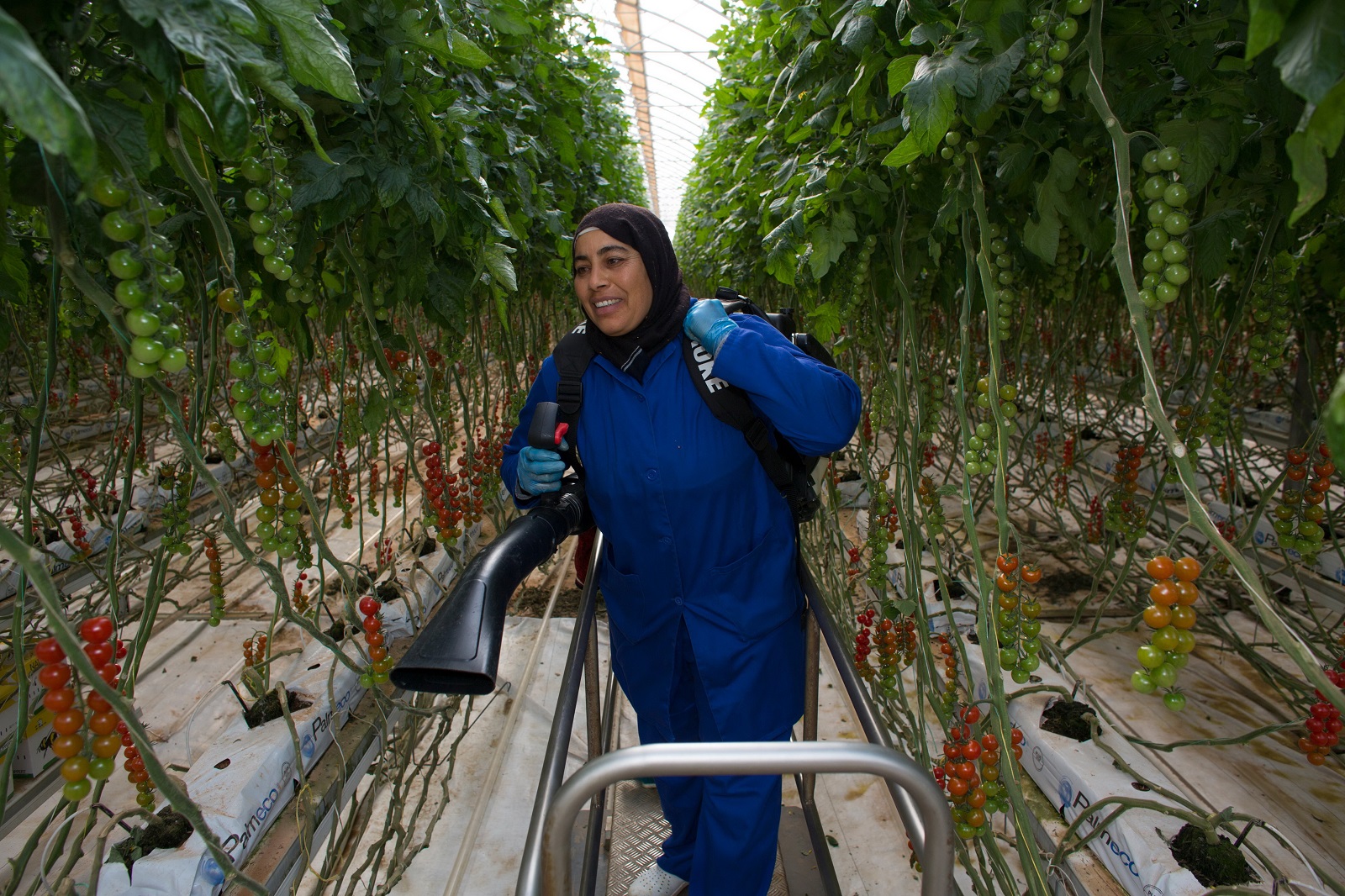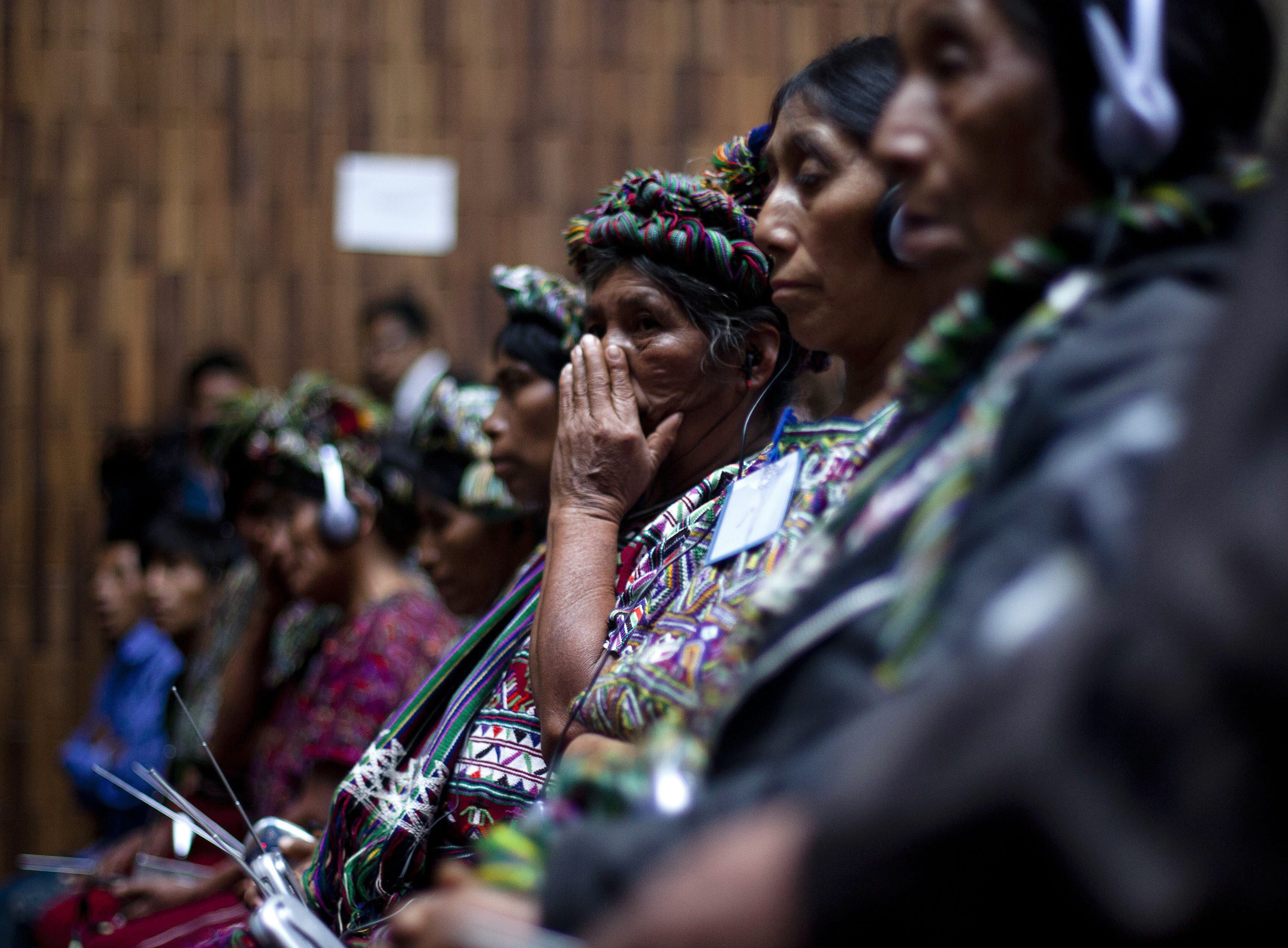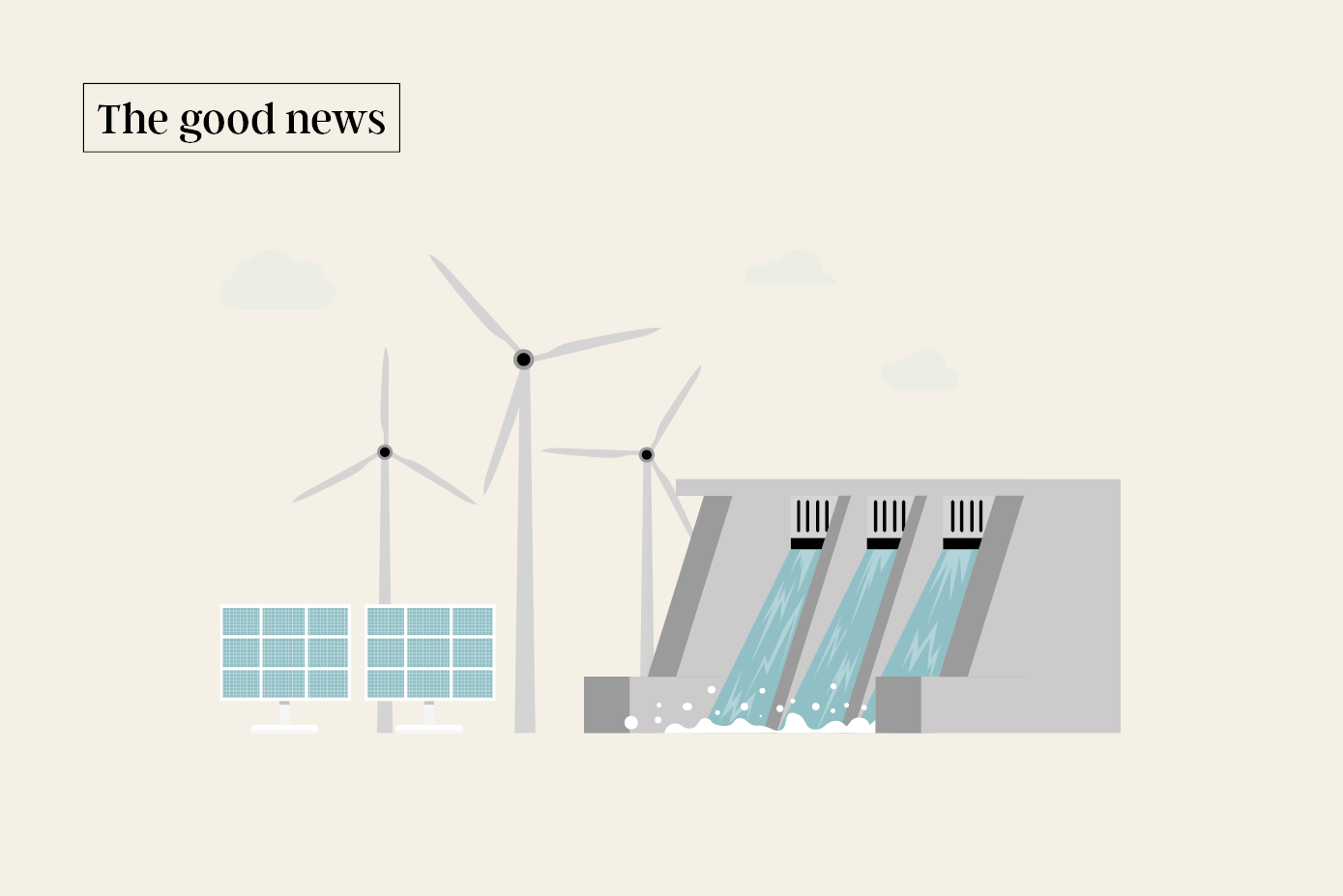Without women, no sustainable development
[ By Heidemarie Wieczorek-Zeul ]
Gender equality and the active participation of women and men in social, economic and political development are fundamental for effectively and sustainably reducing poverty. This was made very clear by the heads of state and government at the Millennium Summit when they made gender equality and the empowerment of women a top priority of the Millennium Development Goals.
Gender equality is an explicit goal of German development policy. As part of our double presidency of the EU and the G8 we want to forge new partnerships and strengthen our commitments towards achieving progress on women's economic and political empowerment, and thus make it possible for us to reach the Millennium Development Goals. I am counting on the growing understanding that discrimination against women and girls is not only a flagrant violation of human rights and democracy; but that it is also crippling in terms of economics.
At the Petersberg meeting in March, the European development ministers highlighted their commitment to enshrining and implementing gender equality as a goal in its own right and as a cross-cutting theme in all EU development corporation. The aim is to translate the policy directives as set out in the European Consensus into action and measurable results.
Ongoing discrimination
Women make up two-thirds of the world’s illiterate population. They receive only 10 % of global income and own only one percent of all land. Although they produce up to 80 % of all staple foods in sub-Saharan Africa, they own only 10 % of the farmland there and have title to less than two percent of land across the developing world. Given that only around 10 % of small farm loans in Africa are granted to women – and only one percent of all agricultural credits worldwide – it is evident that women’s great economic potential has not been tapped.
On 22 April 2007, in an opening address at the high-level conference on “Women's Economic Empowerment” in Berlin, Federal Chancellor Angela Merkel stressed that gender equality is enshrined in Germany's constitution and that its promotion and implementation – along with the elimination of gender-based discrimination – need to be ensured through proactive policy. On the same occasion, Mrs. Merkel, in her capacity as German Chancellor and president of the G8 and EU-Council, signalled her full support for implementing the World Bank’s Gender Action Plan “Women's Economic Empowerment as Smart Economics”. As a champion of the plan I am delighted that the plan and the issue of women’s economic empowerment enjoys her full support!
Gender Equality is not only a human right and central to democracy it also makes good economic sense. Year after year, unequal treatment of women costs the global economy billions. World Bank studies show that the countries of North Africa and the Middle East could speed up their economic growth from 1.9 % to 2.7 %
annually, if only they harnessed the economic potential of women. Research on Burkina Faso and Kenya shows that these countries could increase their agricultural productivity by as much as 20 percent simply by ensuring a more equitable distribution of agricultural production factors and fairer access to them. These studies, and many more like them, are convincing evidence and convey a simple fact that serious and sustained poverty reduction and pro-poor growth can not be achieved without women.
Given a chance to unleash their potential, women in the developing world – as in modern industrialised societies – are a key resource for sustainable development and economic growth. The economist, philosopher and Nobel laureate Amartya Sen draws attention to the fact that equal opportunity goes hand in hand with economic efficiency.
Promoting the participation of women in politics and economic life impacts positively on the lives and self-determination of women, their families and the economy as a whole. As in many other fields of development economics, we need to invest in and acquire a better understanding of these interlinkages in order to strengthen them in the interest of all, the women themselves, their children and the community at large. The World Bank Group’s Gender Action Plan is meant to make an important contribution to this. However, one can already state with conviction that, without the active and equal participation of women, major development opportunities for society and for the global economy will be missed.
In our development cooperation, we have adopted a dual-track approach of gender mainstreaming and target interventions in support of women’s empowerment. It is the responsibility of governments to ensure better and equal opportunities and market access for women and to enforce an appropriate and enabling legal environment on the one hand. On the other, we need programmes and investments targeting and responding to the needs of women. Studies have shown that women in rural Senegal, Mozambique or Eastern Uganda spend an average of 15 to 17 hours a week just fetching water. And other studies from the 1990s reveal that a greater volume of goods in sub-Saharan Africa is transported on the heads of women than on the back of trucks. That needs to change! We therefore need to invest, for example, in time-saving infrastructure such as transport, access to and provision of water, energy and adequate childcare.
The World Bank’s Gender Action Plan
As the world’s biggest development bank, the World Bank Group finances projects to the tune of more than $ 20 billion a year. Established to underpin the World Bank Gender Strategy, the Gender Action Plan aims to ensure that World Bank programmes, in future, will reach and benefit larger numbers of women, without being confined to the health and education sectors.
The Action Plan is a strategic initiative designed to promote better access to productive assets such as capital, land and infrastructure and also to legal services and provisions for women. In addition, the Action Plan provides start-up capital for innovative projects and approaches in support of women’s economic empowerment and participation and invests in analytical work on gender in order to make the business case for women’s economic empowerment and for an effective integration of gender issues in the World Bank’s credit policy and also in national poverty reduction and growth strategies by our development partners. The Gender Action Plan is an expression of the Bank’s desire – and need – to closely liaise and cooperate with partners in the North and South on unleashing women’s potential.
In implementing the Gender Action Plan, the World Bank is engaged for the first time in very close cooperation with UNIFEM, the United Nations Development Fund for Women. I welcome this as a very positive move. To achieve common goals, we must all harness and pool our comparative advantages and strengths – especially where the aim is to promote gender equality and eliminate gender-specific discrimination.
Take, for example, the Protocol to the “African Charta on human and peoples’ rights on the rights of women in Africa”. It has been signed by 42 African heads of state and government and came into force in September 2005. Among other things, the protocol stresses economic rights of women such as those of owning land and other kinds of property. It provides African societies with a legal framework for women’s full participation in public, political and economic development and the enjoyment of their rights.
In the “Solemn declaration on gender equality in Africa”, the member states of the African Union pledged to enforce this legal framework and to promote gender equality. In addition, they committed themselves to closely monitor their own performance through an annual reporting system. Such initiatives and efforts deserve not only respect, they deserve our support.
Moreover, both documents also refer to another vital issue closely connected to gender-specific discrimination: the growth and increasing feminisation of HIV/AIDS pandemic. Around 75 % of all new infections in sub-Saharan Africa relate to girls and young women aged 15 to 24. This situation is alarming and – to quote the German Chancellor – can be tackled only by active and targeted policy interventions. Africa as well as the fights against HIV/AIDS are both central issues of Germany's G8 presidency.
Effective and sustainable promotion of gender equality and women’s empowerment also calls for gender issues to be integrated in and promoted by the new aid architecture and modalities such as budget support and sector wide approaches. We jointly need to engage in gender analysis and gender responsive development interventions and management of public goods, including gender responsive public financial management. We address these new challenges together with our partners in the South and North.
Since the Millennium Summit in 2000, we have earmarked well over half of our bilateral ODA funding for projects and programmes that have demonstrably positive impacts on gender equality. Over and above this, we have pledged almost half a billion euros since then to projects and programmes which focus specifically on promoting gender equality.
The savings and credit cooperatives that Germany supports, in Nepal, for instance, have yielded impressive results. Not only is half of their total membership now female, but the most successful cooperatives are those which consist only of women. Through the promotion of micro-credit, German development cooperation now reaches more than 50 million people, around 80 % of them women. We must – and will – advance
further down this road.
Economic empowerment of women is a joint responsibility. It can only be achieved in dialogue with and the full participation of major actors from the private and finance sector, from politics, science and civil society. This is what we promote. Growth and development – the only way forward is with women.










